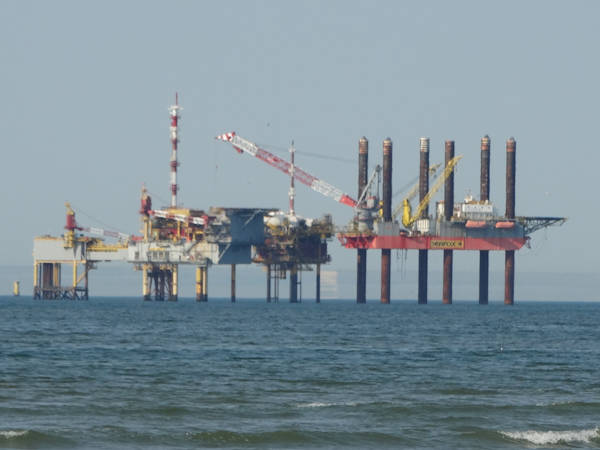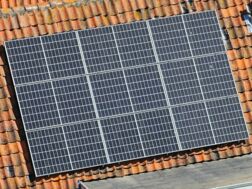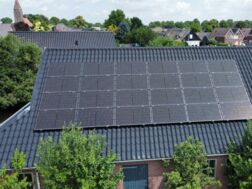Last week saw sharp swings in European gas prices. The price of natural gas shot up on Tuesday, 14 June, due to concerns over supply from Norway. Production at three major Norwegian gas fields and facilities is at a standstill. This is the third price jump in eight days.
Norwegian grid operator Gassco announced that planned maintenance at these gas facilities would take longer than expected. In addition, the loss of Russian gas has meant that Norway has become an essential supplier for Western European countries.
At the beginning of the trading day, the price for a megawatt-hour of gas on the Amsterdam gas exchange was 28 euros. However, due to the concerns above, the price shot up later in the day to 35 euro, up 15%.
At the same time, the hot weather, which leads to more energy consumption due to air conditioners, and increased demand for liquefied natural gas (LNG) in China are putting additional pressure on gas prices. Last week, much LNG was shipped to China as it pays more.
However, despite these recent increases, gas prices are still significantly lower than last year. Back then, a megawatt-hour cost more than 100 euros for a long time and even more than 300 euros for a short time.
Monday, 12 June, saw a slight drop in gas prices, ending the most significant fluctuations of the week. Traders point to increasing demand for power due to the warm weather but also note that European gas stocks are well-stocked, counterbalancing the price.
On the Amsterdam gas exchange, the price of a megawatt-hour of gas fell more than 8 per cent to below 30 euros. Although concerns remain about possible gas shortages in the winter period, European countries are expected to enter the winter with well-stocked gas reserves.





